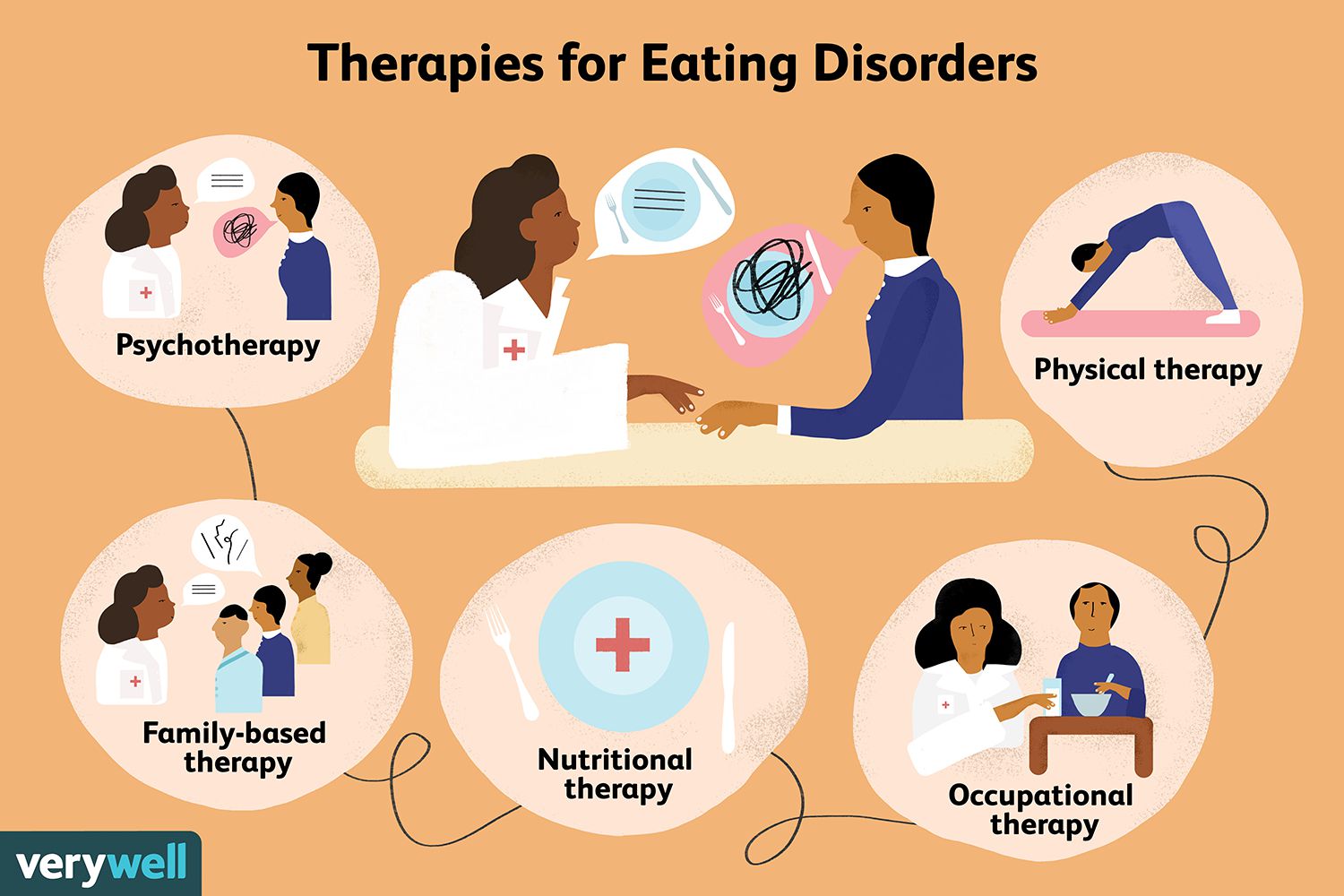Weight management involves strategies to achieve and maintain a healthy weight. It’s a journey that requires a combination of healthy eating, regular physical activity, and lifestyle modifications.
Understanding the Basics
- Healthy Weight: A healthy weight is one that is appropriate for your age, sex, and body type.
- Body Mass Index (BMI): A measure of body fat based on height and weight.
- Body Composition: The ratio of fat mass to lean mass (muscle, bone, and water).
Strategies for Weight Management
- Healthy Eating:
- Balanced Diet: Consume a variety of foods from all food groups.
- Portion Control: Be mindful of portion sizes to avoid overeating.
- Limit Processed Foods: Reduce intake of processed foods high in unhealthy fats, sodium, and added sugars.
- Hydration: Drink plenty of water throughout the day.
- Regular Physical Activity:
- Cardiovascular Exercise: Engage in activities like running, swimming, or cycling.
- Strength Training: Build muscle mass to boost metabolism.
- Mind-Body Exercises: Practice yoga or Pilates to improve flexibility and reduce stress.
- Lifestyle Modifications:
- Quality Sleep: Aim for 7-9 hours of quality sleep each night.
- Stress Management: Practice relaxation techniques like meditation or deep breathing.
- Mindful Eating: Pay attention to hunger and fullness cues.
- Limit Screen Time: Reduce time spent on electronic devices.
Tips for Sustainable Weight Management
- Set Realistic Goals: Break down your goals into smaller, achievable steps.
- Seek Professional Guidance: Consult with a healthcare provider or registered dietitian for personalized advice.
- Stay Positive and Patient: Weight loss takes time and effort.
- Celebrate Successes: Reward yourself for achieving milestones, no matter how small.
- Avoid Extreme Diets: Focus on sustainable lifestyle changes rather than quick fixes.
Remember, weight management is a journey, not a destination. By adopting a balanced approach and making sustainable lifestyle changes, you can achieve and maintain a healthy weight.



